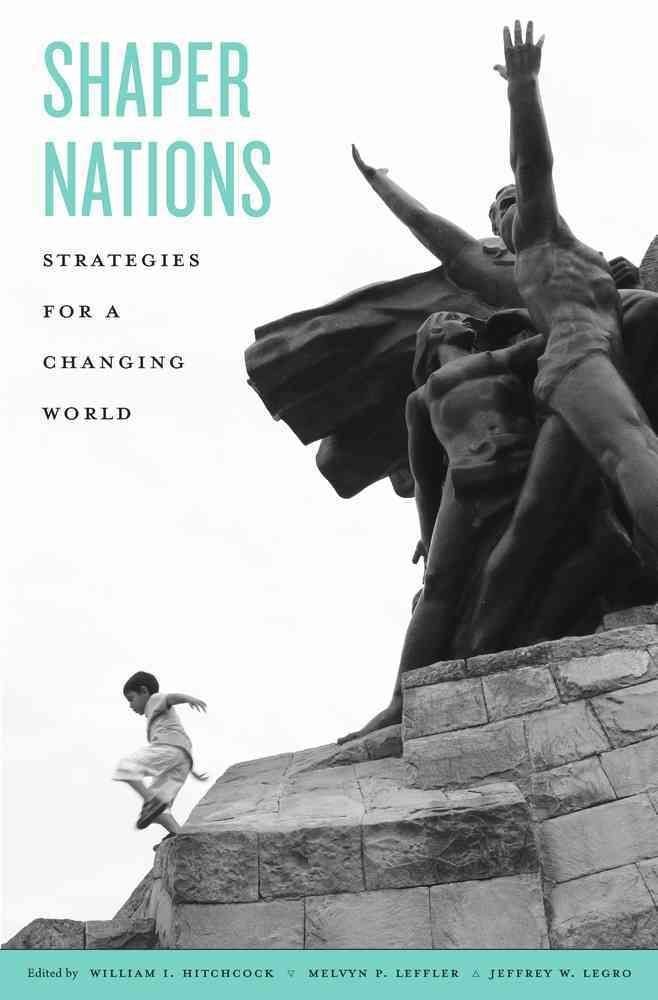International order is being remade by new shapers"–emerging powers that are increasingly assertive in world affairs. Controversies rage about the trajectory of Chinese strategy, the revival of Russian ambitions, the ascent of India, the reconfiguration of Middle East politics, the return of Germany to geopolitics, and the mounting power of Brazil in the Western Hemisphere. Rarely do scholars and commentators think comparatively about the strategic calculations, politics, and impact of these powers inrelation to one another and to the United States. What will the shapers do and why? How should the United States respond? What kind of world will they create? The conventional wisdom on national strategy suggests these shaping states have clear central authority, coherently connect means to ends, and focus on their geopolitical environment. The chapters in this edited volume suggest a different conclusion. In seven critically important countries–Brazil, China, Germany, India, Israel, Russia, and Turkey–strategy is dominated by nonstate threats, domestic politics, the powerful and distorting effect of history and national identity, economic development concerns, and the sheer difficulty, in the face of so many powerful internal and external constraints,to pursue an effective national strategy. The United States, in responding to these seven shaper states, must comprehend these sources of strategy."–Provided by publisher.












